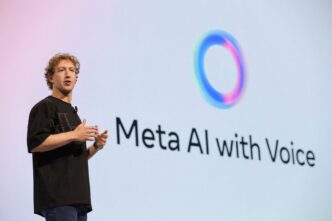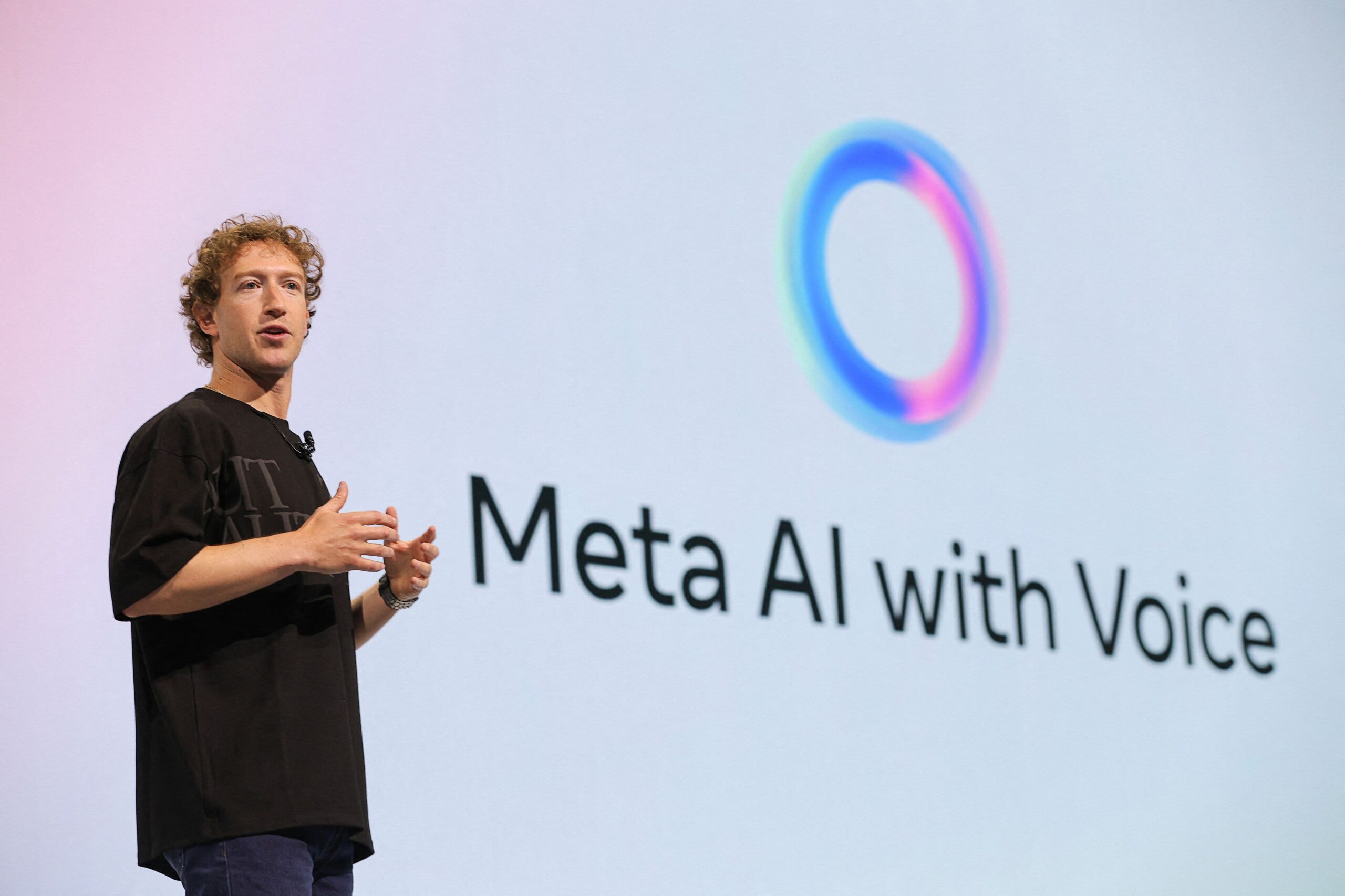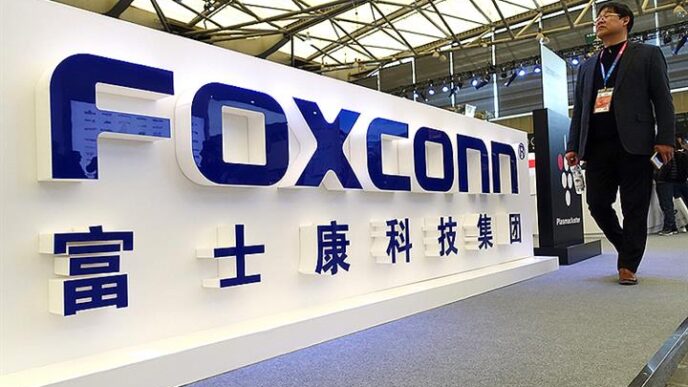Months after its much-hyped debut, Meta’s flagship consumer AI application is still grappling with persistent flaws, raising questions about the company’s readiness to compete in the increasingly crowded artificial intelligence market. While the app was intended to showcase Meta’s prowess in generative AI and conversational assistants, user feedback and analyst reviews indicate that key technical and usability issues remain unresolved.
A Promising Launch, Followed by Frustration
When Meta introduced the app earlier this year, it positioned the product as a direct rival to offerings from OpenAI, Google, and Anthropic. Integrated into the broader Meta ecosystem, the AI tool was designed to help users with tasks ranging from generating creative content to providing personalized recommendations within social media and messaging platforms.
The initial wave of interest was strong, fueled by Meta’s global reach and deep integration across Facebook, Instagram, and WhatsApp. However, as the novelty wore off, recurring flaws began to surface—ranging from inconsistent accuracy to awkward, sometimes nonsensical responses.
Technical Shortcomings
One of the most frequent complaints among users is the AI’s tendency to produce vague or repetitive answers, particularly in more complex queries. While some of these issues are common across AI models, critics argue that Meta’s marketing of the product as “seamlessly intelligent” set unrealistic expectations.
Other persistent flaws include:
- Context loss in conversations, forcing users to re-explain their queries after only a few exchanges.
- Overly cautious or irrelevant answers, particularly in sensitive topics where the model defaults to generic disclaimers.
- Limited personalization, despite Meta’s vast troves of user data, which some expected would make the AI uniquely adaptive.
Competitive Pressure Mounts
The consumer AI market has evolved rapidly, with rival platforms rolling out significant upgrades to improve reasoning, creativity, and integration capabilities. OpenAI’s GPT-4, Google’s Gemini, and Anthropic’s Claude have each introduced refinements that make their tools more reliable and user-friendly.
Meta, by contrast, has taken a slower approach to rolling out updates, focusing on integrating the AI more deeply into its apps rather than addressing all performance issues at once. While this strategy aligns with the company’s long-term vision of AI-powered social networking, it has also left early adopters frustrated.
Meta’s Response
In statements to the press, Meta has acknowledged that the app is still “a work in progress” and that regular updates are being deployed to improve conversational depth, factual accuracy, and integration features. The company maintains that the AI’s performance will improve as it learns from user interactions and that some of the most significant enhancements are planned for later this year.
However, critics point out that in a fast-moving AI race, long-term promises may not be enough to retain users—especially when alternatives are delivering faster improvements.
The Stakes for Meta
For Meta, success in AI isn’t just about keeping pace with competitors; it’s about transforming its core platforms into intelligent, interactive hubs that can keep users engaged and spending more time in its apps. Persistent flaws risk undermining this vision, particularly if users abandon the AI features in favor of external tools.
Given Meta’s investments in AI research and infrastructure, the company is unlikely to pull back. But the current situation highlights a challenge that many tech giants face: balancing ambitious integration plans with the need for a polished, reliable product from day one.
Conclusion
Meta’s consumer AI app remains a symbol of both promise and frustration. While its deep integration into the social media giant’s ecosystem offers a competitive advantage, the ongoing flaws reveal just how difficult it is to merge cutting-edge AI with mass-market products at scale.
As competitors continue to refine their models, Meta’s ability to rapidly address these shortcomings may determine whether its AI vision becomes a central pillar of its future—or just another underwhelming experiment.
















